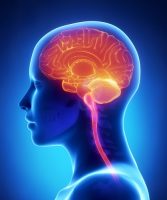
Dieting Around the World: Making Swiss Cuisine Healthful and Delicious
When you think of the Swiss and Swiss cuisine, you may picture the Swiss Alps. Maybe you think of their famed neutrality and peace keeping. Most of us probably think of sweet, delicious chocolate. Chocolate is eaten all over the world, but the Swiss have really mastered this treat. They haven’t, however, mastered a calorie-free, healthful version.











